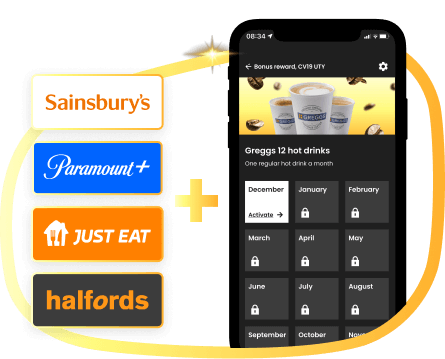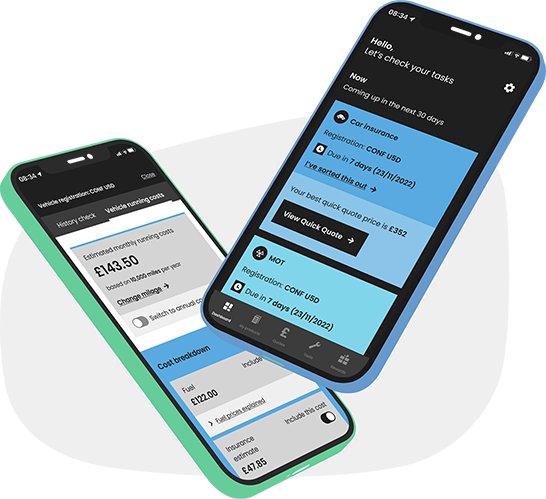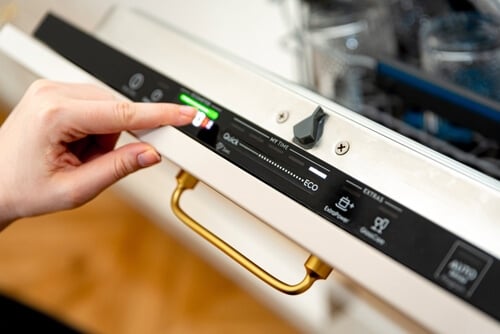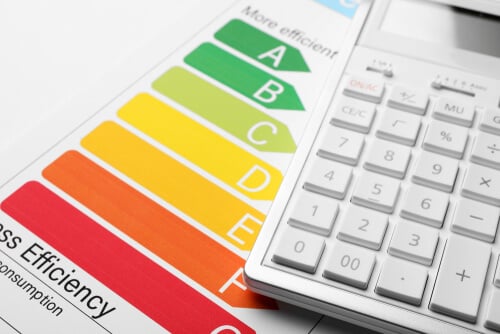Choose a reward & enjoy year-round hot drinks every time you buy car, home or van insurance**

**Single annual policy. New and former Paramount+ subscribers only who sign up at ParamountPlus.com. Subscription required. Auto-renews unless cancelled. 18+. Just Eat website account required, geographical exclusions apply. One regular hot drink per month for a year, only available via the Confused.com app T&Cs apply.
More ways to compare and save
How to get your rewards
-
Log into your Confused.com account and choose your reward within 90 days of buying your policy.
-
Spend your reward! We'll email you when your claim's been verified and is ready to use.
-
Get 12 hot drinks on us. Download or open the Confused.com app and redeem a free Greggs hot drink each month for a year.

We compare up to 163 trusted insurance companies1 to get you our cheapest deal in minutes




Find the cheapest petrol or diesel near you
Get fuel prices near you nowDon't be Confused
Here to save you money
Different to other comparison websites
Helping you make better decisions
Big on trust
Our customers say:
Our helpful guides and articles
1Correct as of March 2024








